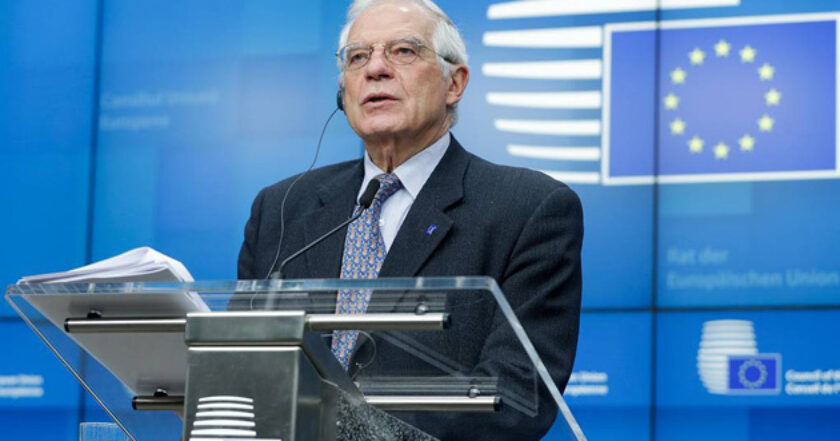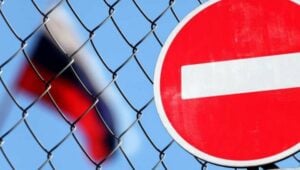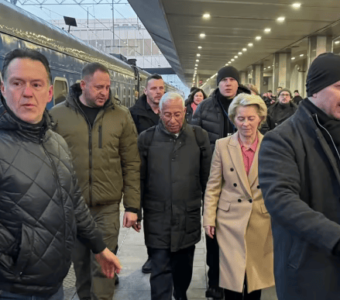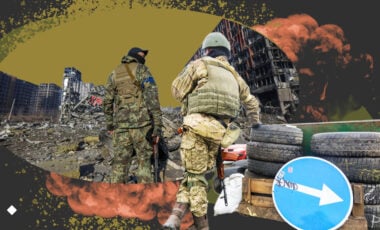Borrell: EU will increase military support to Ukraine

The EU and individual member states will continue to provide Ukraine with the necessary military support in even greater volumes.
EU High Representative for foreign and defense policy, Josep Borrell, promised it, summarizing the results of the informal meeting of the heads of the EU defense departments in Prague, Ukrinform reports.
"The EU is unanimous in its support of Ukraine; its members continue to be ready to support Ukraine for as long as necessary and to the extent necessary," Borrell said.
He noted that it is about the flow of military support, which does not stop and even increases.
Also, it is not only about military equipment but also about the training of the Ukrainian military. No concrete decisions were made regarding the launch of the EU training mission in Prague.
Borrell reminded that there are many initiatives, so it is necessary to ensure their complementarity. All the ministers agreed that defining the legal operational parameters and the concept of the new mission is essential. They also agreed to carry out preparatory work in consultations with the Ukrainian side.
"It is clear that we must be fast and ambitious, flexible. Based on what the Armed Forces of Ukraine need," the high representative of the EU explained and reminded that even before the war, it was proposed to start such training.
"Specific and practical support of Ukraine in continuing its struggle against the aggressor" was discussed together with the Minister of Defense of Ukraine, Oleksii Reznikov, who joined the participants of the meeting via video link. He spoke about the latest events on the fronts and the most urgent needs of the Armed Forces and presented a list of measures and time parameters.
"We have to respond to these needs," Borrell said.
In addition, the ministers, together with UN, NATO, and the European Parliament representatives, discussed the global consequences of russia's aggression at the meeting, in particular, russia's transformation of food and energy into weapons.
"Security challenges are not only Ukraine. There are other scenarios. russia is increasing the negative influence," Borrell stated.
"The agreements that were reached thanks to the UN allowed the export of millions of tons of grain from Ukraine. The first ship has already arrived in Djibouti, the Horn of Africa, which will be a great relief. But the whole world, especially developing countries, is facing a triple crisis — financial, energy, and food. This will have terrible consequences for stability in many world regions. So we should help Ukraine and be ready to get involved in the situation, especially in Africa. Africa will be the first item on the agenda for this meeting of foreign ministers," Borrell said.
Answering a question about the restriction of russian citizens' visa access to EU countries, Borrell noted that there are different approaches to this issue among EU member states. Today, during the informal meeting of the ministers, no decisions will be made on this matter. Still, the informal Council of the EU will be able to determine the general political orientation regarding the trips of citizens of the russian federation to the EU.
He also reminded that the EU has an active and powerful package of economic and personal sanctions against the russian federation, which have severe consequences for the russian economy, including technology, energy, transport, and the development of new oil and gas fields.
"We have a strong package of sanctions. Ministers will discuss this package and its effectiveness. Some voices are calling for a review of these sanctions. I don't think this point of view will prevail among ministers. So the sanctions will be extended," Borrell stressed.
An informal meeting of EU defense ministers was held in Prague on August 29-30, and a two-day meeting of foreign ministers began there on Tuesday.




















































